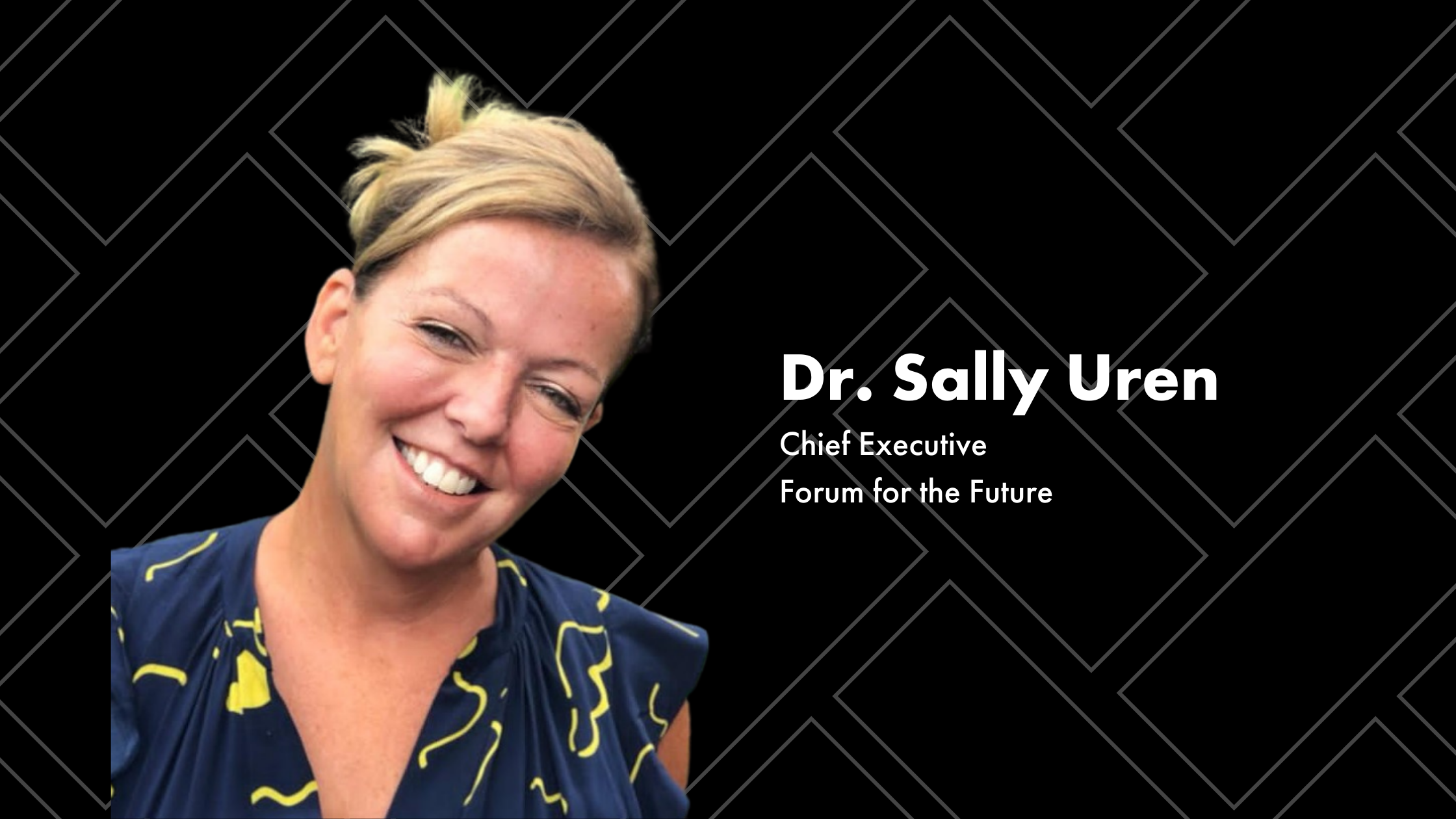
Forum for the Future’s Chief Executive Dr. Sally Uren shares her personal reflections on her past three decades of work in sustainability, expanding on the various dreams she holds for the sector’s future and lays out pathways to actualise them.
Back in November 2021, we launched our annual Future of Sustainability series, where we set out to understand why more than three decades of sustainability efforts have not gotten us to where we needed to be. What were our lessons from the past, how did they affect our present responses and how can we transform our future? What could, or should we have done differently as organisations, and as individuals?
For me personally, this is tough terrain. My entire career has been focused on sustainability and I feel I have scrambled over multiple and significant obstacles. So much effort! But the reality is that it just hasn’t been enough. Which is why this year’s Future of Sustainability – for me, at least – has come at the right time.
Since November, we’ve published thought provoking content from wonderful contributors, summarised brilliantly in the latest piece by our Global Programmes Director Caroline Ashley, challenging whether the future of sustainability will be ‘the same, only faster’ or marked by deep transformation at the core of our systems. Caroline also shared this summary of what is holding us back from urgent and deep transitions, and what might propel us forward.
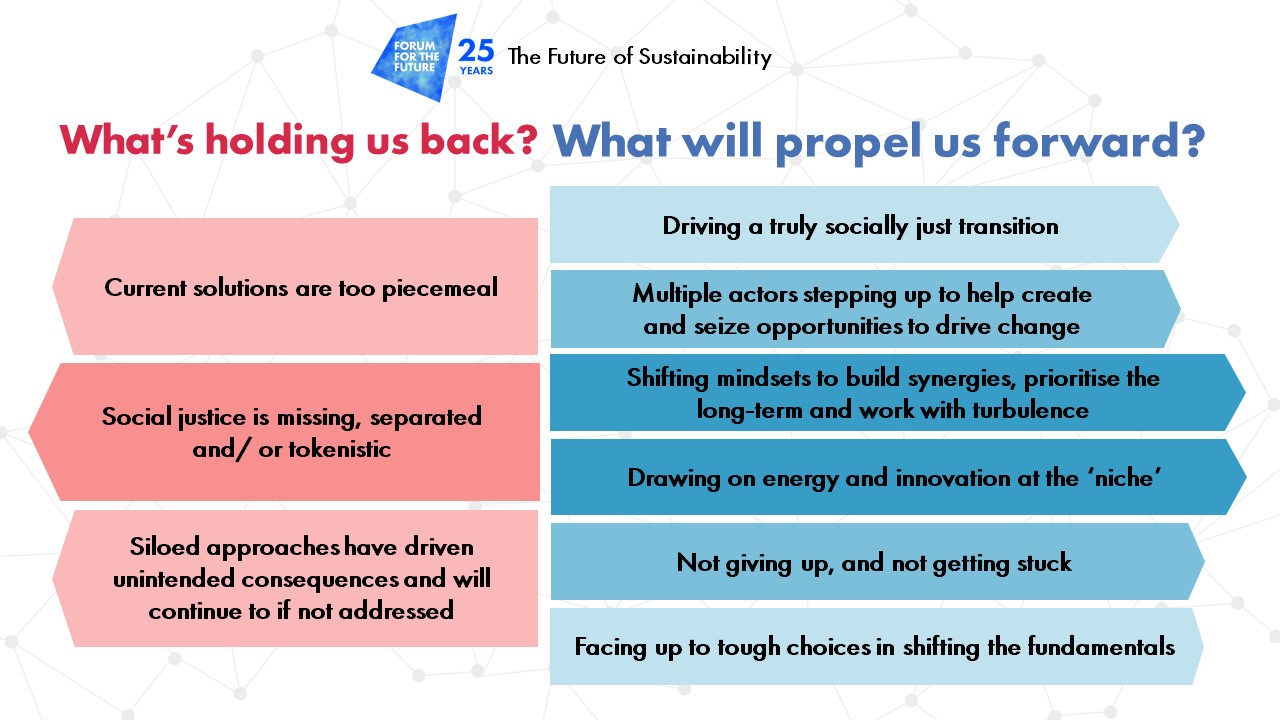
Whilst I could add to the list of what is holding us back – vested interests! Short termism! Vanilla versions of CSR that act as smoke-screens for deeply unsustainable practices! – I won’t. Because what comes next is what really, really matters.
The stakes have never been higher. We know that we will not survive as a species if we continue on this climate-warming path we are currently stumbling along. We really are at a crossroads: we could choose to take the decisions and actions that could create a future that could work for us and the planet, or we could lock in a future which could be terminal.
This isn’t being blunt or meant to incite fear: it is the stark reality that we face. We are out of runway for incrementalism. For sticking plaster solutions. This terrifies me, sometimes overwhelms me. Makes me realise that unwittingly, I have played a role in the past in legitimising being slightly less bad. But at least I now know what that looks like and this knowledge, coupled with an innate (and for some, incredibly annoying) optimism, means that even though it’s bad, really bad, I can see glimpses of a way forward.
Moving past false choices and daring to dream big
Caroline listed six things that can help bring us forward. But how can we deliver them? I’d like to bring us a step further and challenge our way of thinking–from binary either/ors and reductionism, to daring ambitions of what we can achieve. Here are six dreams that can help us overcome the four false choices commonly presented to us.
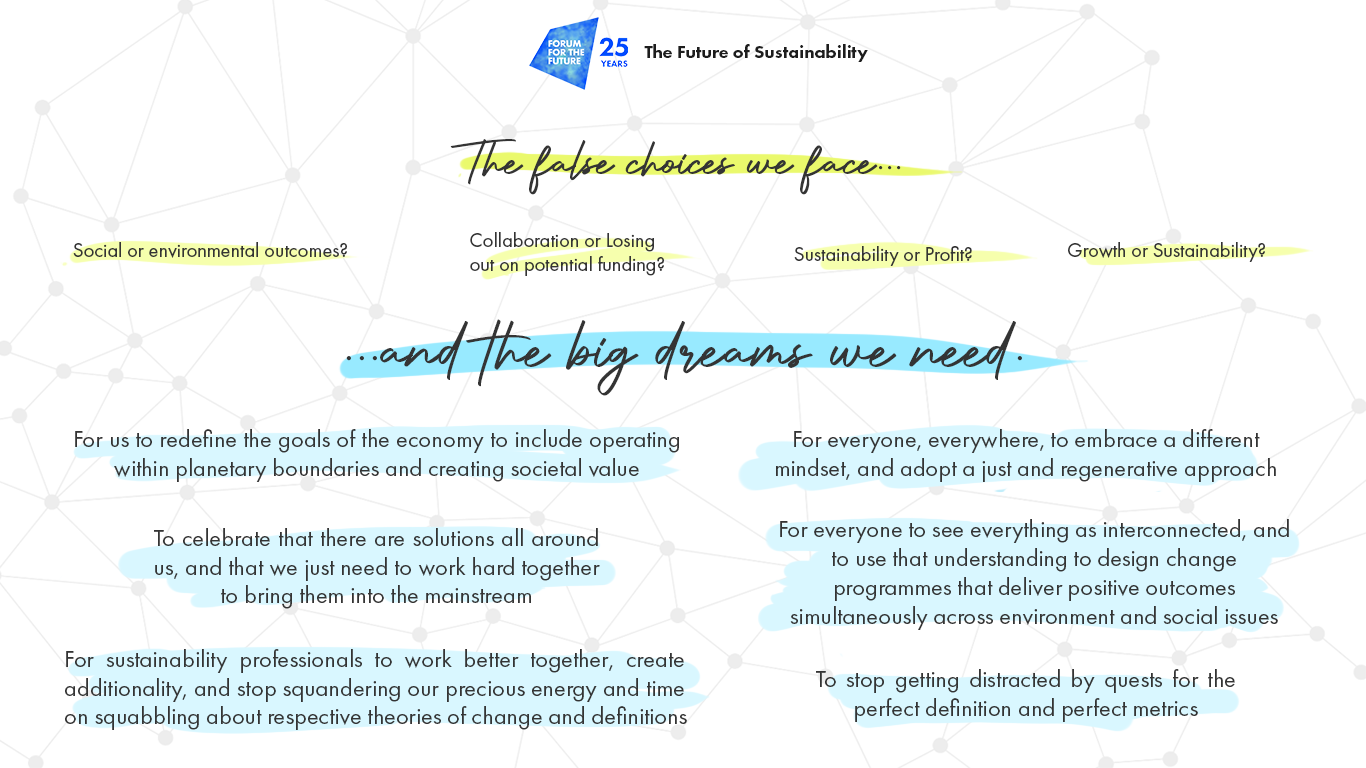
Driving a truly socially just transition
There is no Environment without the Social. No S without E. This is false choice 1: social or environmental outcomes? This is a false choice as we live in an interconnected world. It just isn’t possible to prioritise one over the other. Not least as climate change will impact as a public health crisis and is inherently a social equity issue: our most impacted and vulnerable communities are often those least equipped to cope with crises.
Dream 1: For everyone to see everything as interconnected, and to use that understanding to design change programmes that deliver positive outcomes simultaneously across environment and social issues. This would mean that sustainability positions in business wouldn’t reflect single issues. I’d love to see more Net Zero & Social Equity roles for example. For philanthropists this would mean ensuring every investment and grant drives both social and environmental outcomes. Separating social and environmental responsibilities is slowing down progress, and even more unhelpfully, forcing trade-offs, perpetuating unhelpful win-lose dynamics.
Multiple actors stepping up to help create and seize opportunities to drive change
We know that a key ingredient of systemic change is collaboration within systems and across generations. There is one system in particular that could step up here: the ecosystem of sustainability professionals, spanning profit-making organisations and non-profits.
This brings me to dream 2: For sustainability professionals to work better together, create additionality, and stop squandering our precious energy and time on squabbling about respective theories of change and definitions. As an ecosystem of actors, we need different approaches and different points of view. We could be so much more accepting differences, and value unique contributions as a contribution to the broader whole.
One of my most depressing memories of COP26 was hearing sustainability professionals (whom I hold in high regard) fuming that the Extinction Rebellion had disrupted a particularly high profile dinner. Only one person I spoke to suggested that perhaps rather than ignoring and criticising the protesters, what about engaging with them?
Let’s work across this beautiful and passionate movement of ours, respecting difference and accepting it in the pursuit of the same end goal. And at the same time, work harder to enhance the diversity of this ecosystem.
For those of us in the non-profit sustainability world, this also means addressing the false choice: Collaboration or potential loss of funding?. Greater collaboration could actually alleviate the non-profit hamster wheel of fundraising as it would allow us to aggregate effort to create tipping points for system change.
Shifting mindsets to build synergies, prioritise the long-term and work with turbulence
Our mindsets, values and narratives, are the deepest lever for systemic change. I have learnt this the hard way in my three decades in sustainability, co-creating some truly ambitious sustainability strategies only for them to wither away in the face of internal ambivalence. Likewise, I have co-created some ambitious collaborations with clear and precise diagnostics as to which systemic lever for change to pull, why and how, only to watch industry actors turn their heads the other way.
Deep transformation is a very human story, and if someone hasn’t experienced the need for change and isn’t willing to do something differently as a result, nothing, in fact, will change.
Which brings me to dream 3: For everyone, everywhere, to embrace a different mindset, and adopt a just and regenerative approach.
What is a ‘just and regenerative’ approach?
A just and regenerative approach embraces the power of nature to renew and regenerate, understands that humans are a fundamental part of nature, and respects everyone’s universal rights and potential to thrive. This approach:
– Redefines the meaning of a prosperous economy to one that meets the needs of everyone in society to thrive, creates value fairly and operates in harmony with nature and planetary boundaries.
– Addresses the root causes of today’s biggest challenges – the climate emergency, nature in crisis and mounting inequality – by dramatically reconfiguring our systems
– Enables the capacity of social and environmental systems to adapt to and address challenges of the future.
– Moves beyond artificial divides between people and nature, integrating ways to stabilise the climate, restore and replenish our ecosystems, and promote dignity, fulfilment and equity for everyone.
Drawing on energy and innovation at the niche
The niche of any system, be it energy, food or health is where we see glimpses of the future. The science fiction author William Gibson put this brilliantly when he wrote, ‘The future is already here, it is all around us, just not evenly distributed.’
The future we want is already here, from new economic models that create and distribute value fairly, to nature-based solutions for climate centered on social equity. This is dream 4: Let us celebrate that there are solutions all around us, we just need to work hard, and together, to bring them into the mainstream.
This won’t be easy and it might not even be possible. But surely we need to have a go? Our future isn’t yet written.
Not giving up and not getting stuck
Our desire for detail, certainty and order means we can get very stuck; learned helplessness, as American Psychologist Martin E.P. Seligman called it.
Hence, dream 5: Let’s stop getting distracted by quests for the perfect definition and perfect metrics (as, spoiler alert, it is distinctly possible to manage that which can’t be scientifically measured to the nth degree), and just get on with changing systems. It’s time we stopped moving deck chairs on a sinking ship.
Facing up to tough choices in shifting fundamentals
The goals of our current economic system are destroying our planet and perpetuating crippling social inequalities. There is no growth of any sort on a dead planet. Economic growth which takes no account of environmental limits, or social equity, is doomed. This brings me to my last two false choices: 3. Sustainability or profit? 4. Growth or sustainability?
And thus, dream 6: Let’s redefine the goals of the economy to include operating within planetary boundaries and creating societal value. Let’s change the rules of the game.
The good news is that this transition is already in progress, which means that pathways to economic value creation are already changing. There are already some trailblazing brands and businesses around the world who are already generating economic returns from being part of the solution, not the problem.
What if we woke up?
All these dreams are possible. But what’s the bridge? The big unlock?
It’s us. You and I.
We need to believe a just and regenerative future is possible, and we need to get on and make it happen. We need to believe in ourselves. We need to use what power and influence we have, help others discover their agency. This isn’t always easy. I have days where the sum total of my influence scores a solid zero. This is when it’s so important to remind ourselves that every action we take creates ripples in the system around us. Which means that they all matter.
It’s also time to throw out the excuses. ‘Too hard, too difficult.’ This moment in time demands that we ask ourselves, ‘is there more I can do?’ Our answers will all be different and they will not come without risks. We will need to support each other. I, for one, want to tell the young people in my life that I did everything I could to help us avoid the worst impacts of climate change, to try and influence the way the world works, even though it felt uncomfortable, and it was hard.
I’ve shared what comes next before. But, as I look at the possibilities ahead of us, and accept that our progress to date just hasn’t been enough, I need to share again: If not you, who? If not now, when?
See you all in the future. Let’s create the one we want.
Watch this space
This piece concludes our Future of Sustainability series. We thank you for joining us on this journey as we explored lessons from 25 years of sustainability and considered what opportunities and hurdles may await us as we head towards the future we want to create.
About the Future of Sustainability: Looking Back to Go Forward
Produced by international sustainability non-profit, Forum for the Future, the Future of Sustainability: Looking Back to Go Forward is a unique opinion and commentary series set to explore lessons learned from the last 25 years in the sustainability movement and what they mean for the future.
Based on new and exclusive insights from diverse voices across the sustainability movement, we’ll examine where we have succeeded and where we have failed in creating real change. We’ll consider how the world is responding to today’s multifaceted challenges and opportunities, and what pivots might be needed if we’re to deliver at scale and pace. Lastly, we’ll look forward – exploring how we can reframe the goals of the system, reset our ambition, and encourage the adoption of new mindsets and approaches critical to creating what’s really needed: a truly just and regenerative future.
With thanks to our partners
Looking Back to Go Forward was made possible thanks to the generous support from our partners: Laudes Foundation, GSK Consumer Healthcare, Target, M&S, Capgemini, Bupa, 3M, the Cosmetic Toiletry & Perfumery Association (CTPA), Burberry, Olam Food Ingredients, and in particular our headline sponsor, SC Johnson

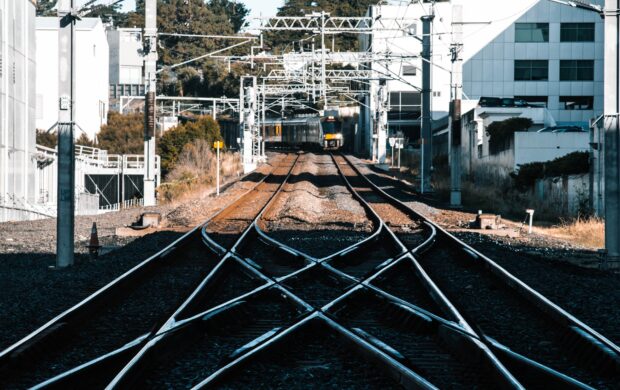

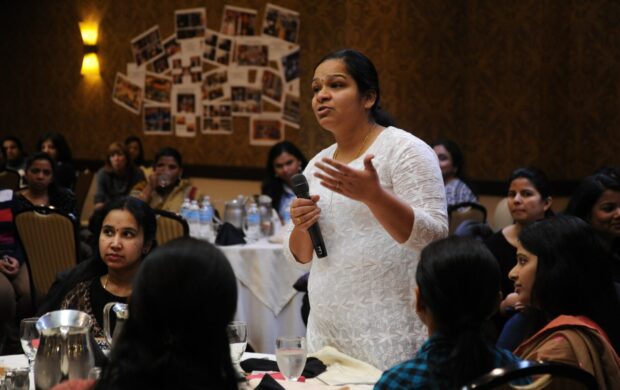

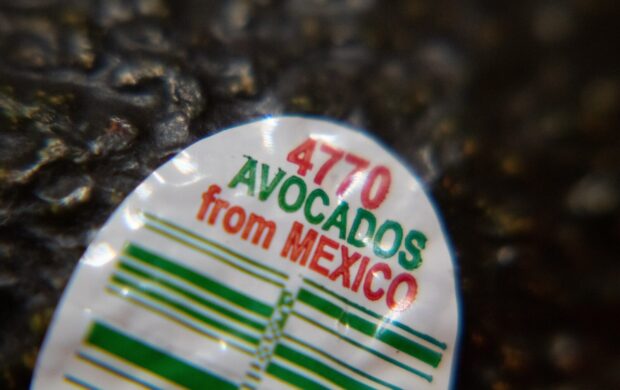



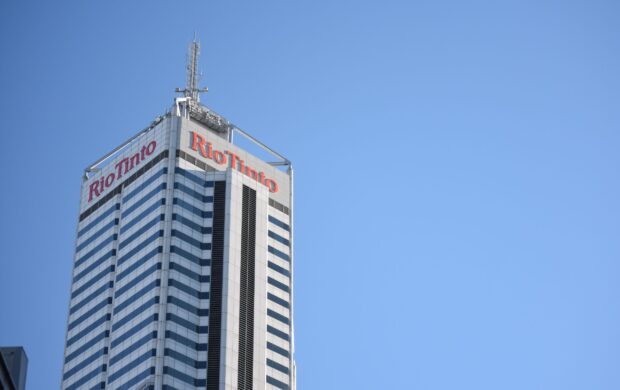
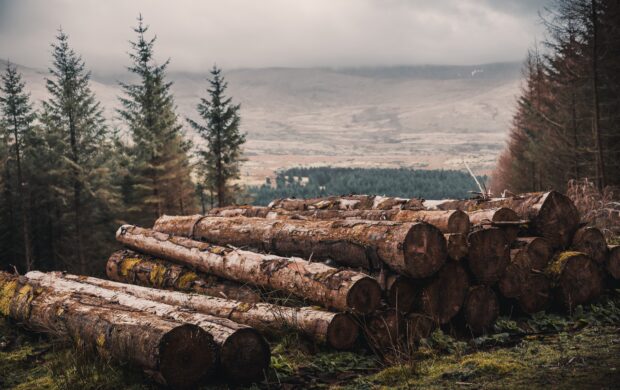
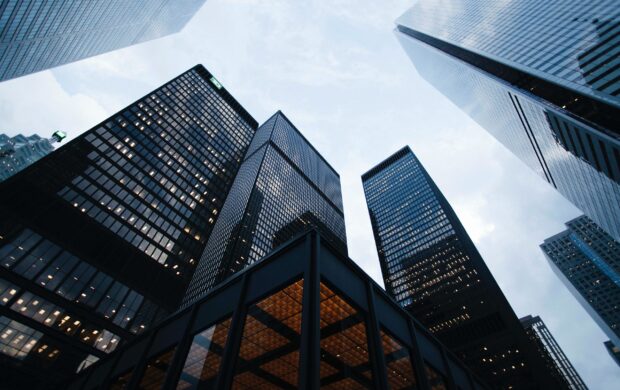
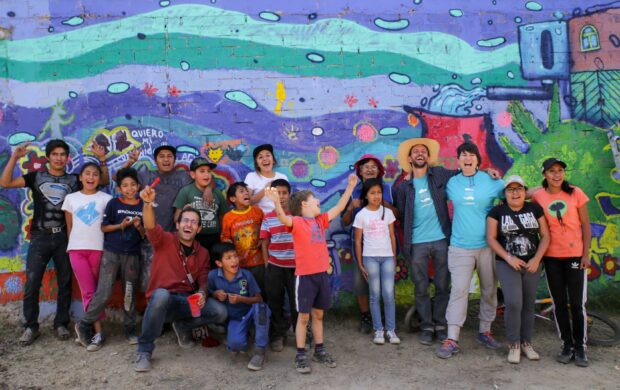
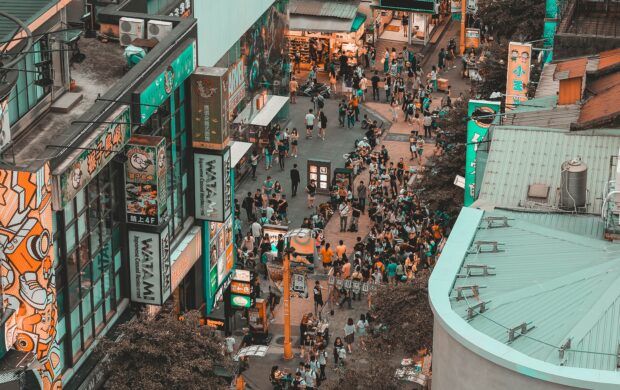
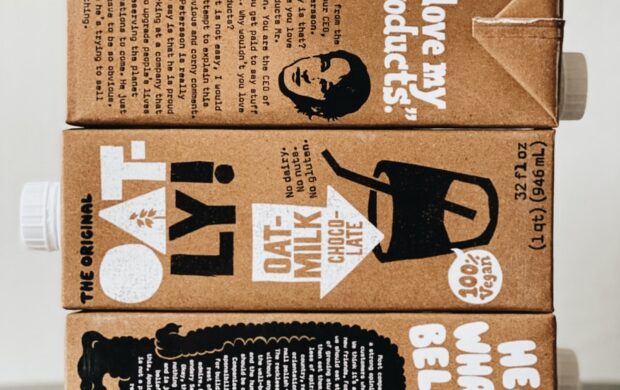

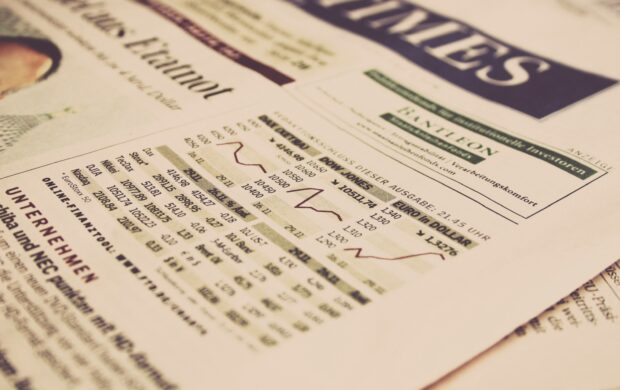
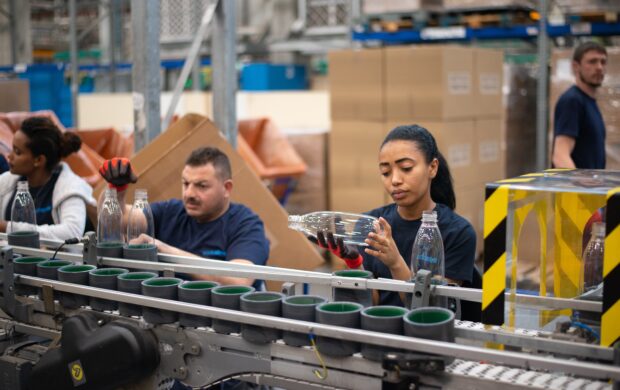

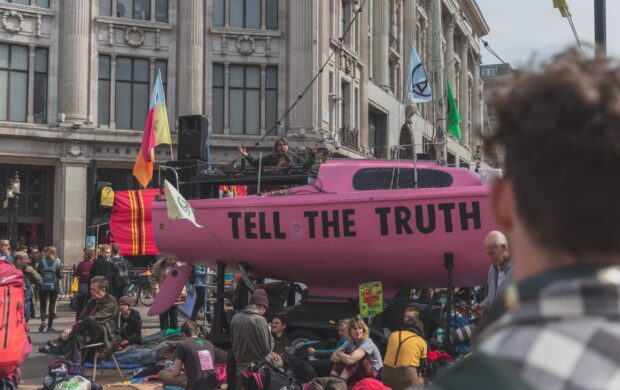


Join discussion